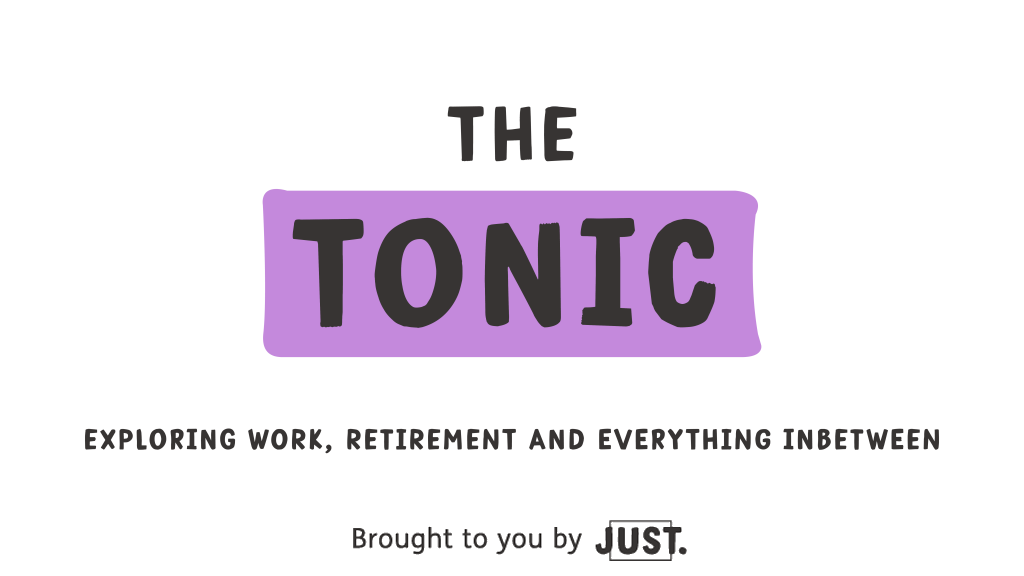Faced with the devastating news that someone you love has cancer, it can be hard to know what to say or do.
We’re often not very geared up for emotional response, the British. We don’t always deal with difficult issues like mortality, ageing and illness terribly well, and we are arguably (in)famous for our awkwardness. So when our loved ones are facing a terrible illness such as cancer, it can be hard to know what to say. Do you talk about the cancer? Can you ask questions? Should you offer help, or will they be offended? It’s a potential minefield, and with the best of intentions, it can be hard to know how to navigate through that without being selfish or causing distress.
Sara Francis, from the Macmillan Cancer Support telephone helpline gives her top dos and don’ts for talking to a friend or family member who has cancer.
Don’t …
- Dump your grief on them
You might be sad about the news yourself, but making them support or comfort you is completely unreasonable. - Be afraid to start the conversation
It’s often hard to know how much talking they’d like to do. Try asking them how they’re feeling and go from there. You can then gauge how open the conversation can be, so be sensitive to this. - Use clichés
Even with the best of intentions saying things like ‘you’ll be fine’, or ‘it could be worse’, is unhelpful and can seem disinterested or even tactless. It’s ok to not have the answer; listening is the important part. - Talk about other people’s experiences
Remember, everyone’s cancer journey is different and anecdotes of other people’s experiences may not be relevant – and can be upsetting. - Make vague offers
If you want to help, why not actually offer to do something tangible, such as doing the food shop or collecting the children from school? Less talk, more action! - Think that remission means everything is ok
Even when treatment is successful, people may need support to get over the physical and emotional effects of their cancer experience. Be patient and keep checking in, in the months and even years after their experience – sometimes these can be emotionally very difficult, especially if it appears everyone has ‘forgotten’ what they have been through.


Do …
- Keep an open mind
This person will be going through a whole range of emotions and may not feel the way you expect. Don’t make assumptions. - Make sure you understand what they are saying
It’s ok to ask questions if you’re not sure about something – cancer can be hugely complex. If you are still unclear after asking, Macmillan’s website is a great resource and can help you to understand the practicalities of what they’re going through. - Respond to humour
Your friend might not want to be downbeat and may actually enjoy some light relief from their situation. Don’t be afraid to laugh and joke if the mood is right. - Allow them to be upset
On the other hand, you might need to be a shoulder to cry on. Let them vent and keep listening. - Turn off all distractions
Make sure you put away your phone and give your full attention. - Listen
This is the big one. It’s not about you – it’s about them.
Useful Links
- Macmillan Cancer Support’s Online Community is here all year round to support people living with cancer and their loved ones. You’ll find people who know how you feel, because they’re facing cancer too.
- Macmillan also has The Source which is a collection of simple, practical tips from people who’ve been there.





Add comment